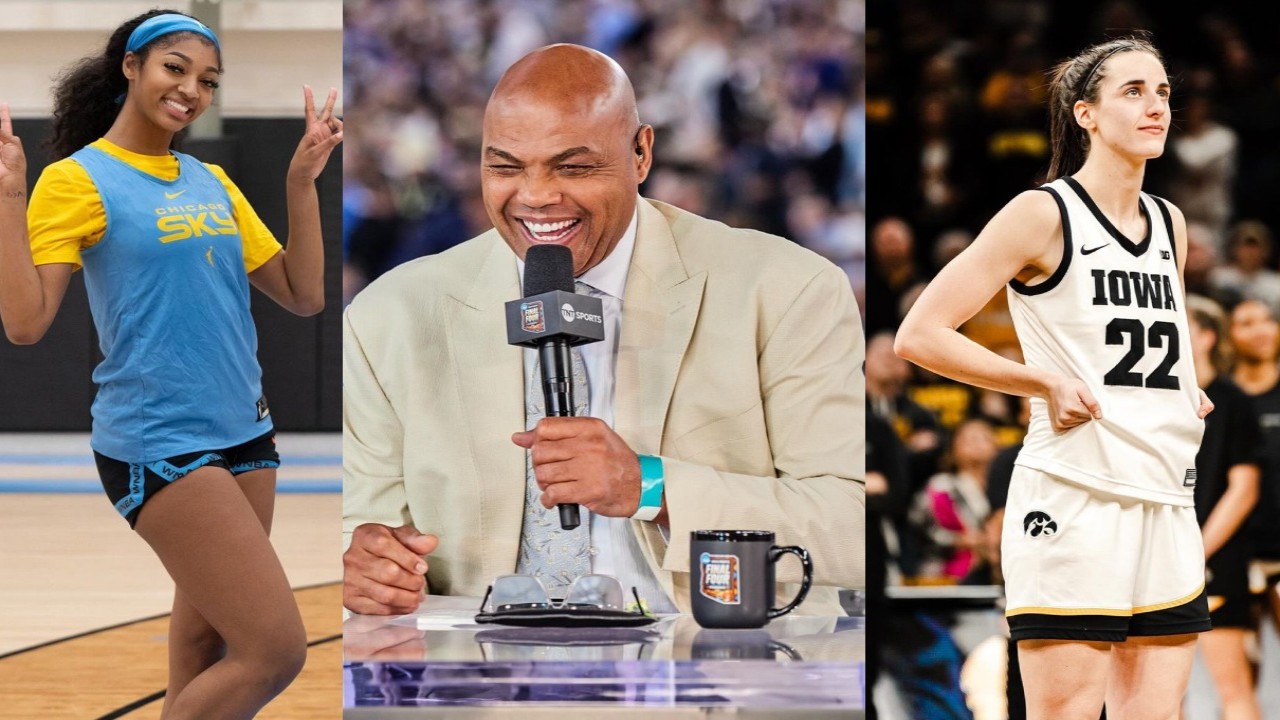
Angel Reese Responds to Charles Barkley’s Comments, Advocates for Gender Equality in Women’s Basketball

When Charles Barkley suggested that WNBA players should stop criticizing Caitlin Clark, it sparked a major discussion about gender bias and respect in women’s basketball. Angel Reese, a rising star in NCAA women’s basketball, responded thoughtfully, emphasizing the need to support and uplift fellow athletes regardless of gender.
Barkley’s comments during a televised broadcast raised eyebrows and drew criticism from both fans and players. His suggestion that WNBA players should ease up on Clark, a standout at the University of Iowa, was seen as disrespectful to the competitive nature of women’s basketball and as perpetuating harmful stereotypes about female athletes.
In contrast, Angel Reese, a forward for the University of Maryland’s women’s basketball team, provided a refreshing perspective in a candid interview. She highlighted the importance of recognizing and celebrating all athletes’ talent and hard work, regardless of gender.
Reese’s response exemplifies the camaraderie and mutual respect that define women’s basketball. Having faced her own challenges on the court, Reese understands the value of solidarity and support among athletes.
Reese’s words carry significant weight due to her rising status in women’s basketball and her commitment to using her platform to advocate for equality and inclusivity in sports. By speaking out against Barkley’s comments, she reaffirmed her dedication to promoting a culture of respect and empowerment within the basketball community.
Reese’s response also highlights broader societal issues, including the persistent gender bias and double standards in women’s sports. As female athletes continue to push boundaries and defy expectations, it’s crucial to challenge outdated attitudes and champion a more equitable and inclusive sports culture.
Ultimately, Angel Reese’s empowering response to Barkley’s remarks underscores the resilience and determination of female athletes in the face of adversity. By standing up for what is right and speaking out against injustice, Reese exemplifies the transformative power of sports in driving positive social change.
As the conversation around gender equality in sports evolves, Reese’s voice serves as a beacon of hope and inspiration for future athletes. Her unwavering commitment to empowering women in sports testifies to the enduring legacy of those who challenge the status quo and pave the way for a more inclusive and equitable future.







